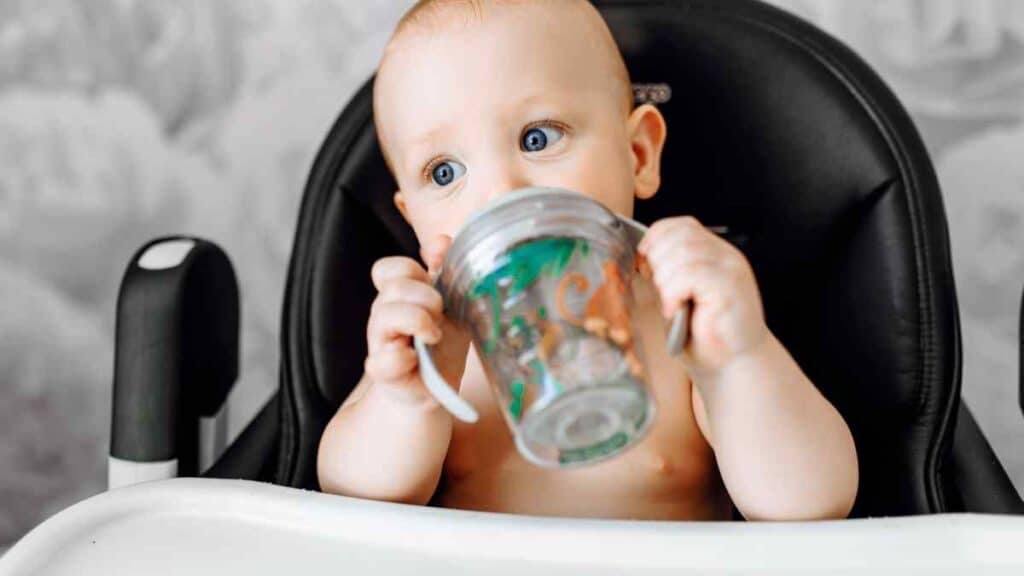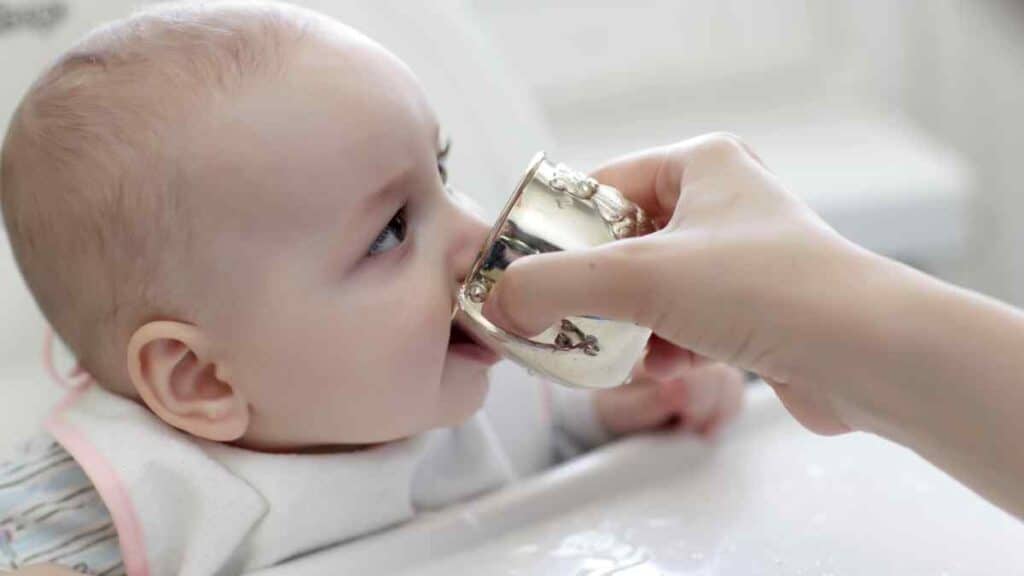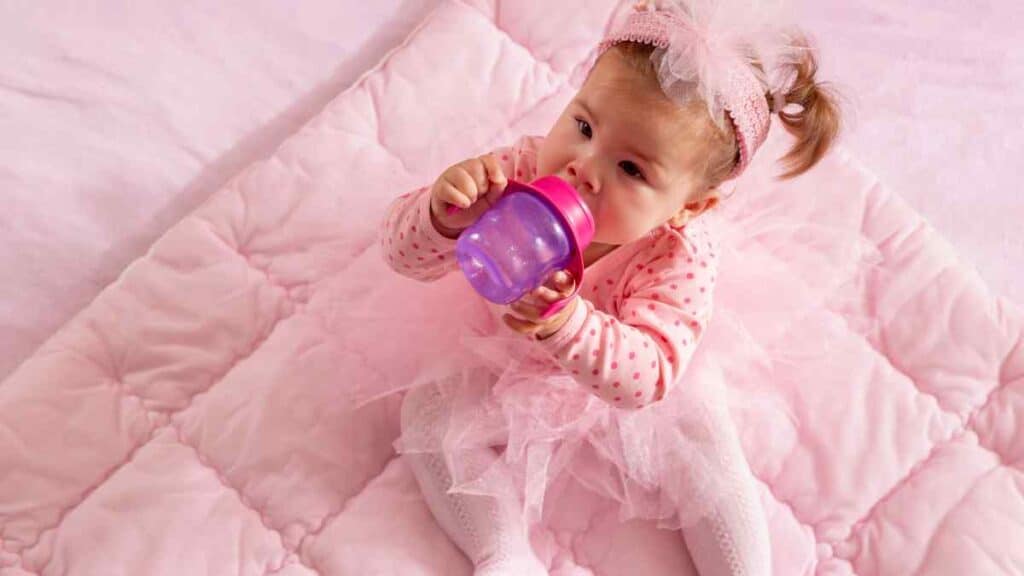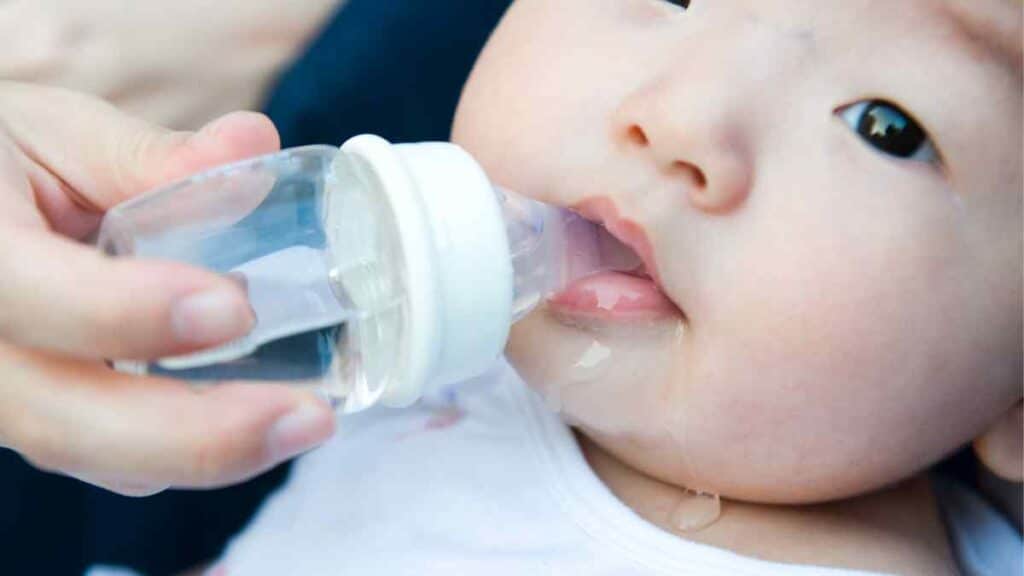The health and well-being of our infants are of paramount importance, and when it comes to feeding them, we often encounter a plethora of questions and doubts. One such common concern for many parents and caregivers revolves around the type of water used to prepare baby formula. Is purified water necessary for baby formula? Is tap water safe enough, or should we be using a specific kind of water?
In this article, we delve into the crucial role of water in baby formula, the potential risks and benefits associated with different types of water and provide a comprehensive look at the necessity of purified water in the preparation of infant formula. With insights from pediatricians, nutritionists, and various scientific studies, our aim is to provide you with a well-rounded understanding that can help you make informed decisions for your child’s nutrition.

An In-Depth Guide to Infant Formula
Infant formula, also commonly referred to as baby formula, is a manufactured food designed to nutritionally support babies who doesn’t get breastfed. The formula has a unique composition that aims to mimic human breast milk as closely as possible, providing the essential vitamins, minerals, and nutrients needed for an infant’s growth and development. While many people recognize breastfeeding as the best source of nutrition for infants, baby formula serves as a reliable alternative for those who can’t or choose not to breastfeed.
Types of Baby Formula
Baby formula comes in three main types: powdered formula, liquid concentrate formula, and ready-to-use formula.
- Powdered Formula: This is the most common type, and typically the most economical [1]. Parents and caregivers need to mix it with water before feeding it to the baby. The type of water used, be it purified, distilled, or tap water, plays a significant role in the safety and nutrition of the baby’s formula.
- Liquid Concentrate Formula: You also need to mix this formula with water. However, it’s less messy than powdered formula products.
- Ready-to-Use Formula: It is is the most convenient type of formula that doesn’t require any preparation or water. However, it tends to be the most expensive option.
Importance of Water in Baby Formula
Water serves as the primary mixing agent for powdered and liquid concentrate formula products, making it a crucial part of the baby formula. The water used in baby formula preparation should be safe and free from any harmful contaminants.
Tap water, while generally safe for adults and older children, might contain too much fluoride for infants, potentially causing dental fluorosis – a condition that affects the appearance of the teeth. On the other hand, some bottled water companies specifically market for infants (often known as “nursery water”) and is usually low-fluoride bottled water.
The debate often comes down to distilled vs. purified water for baby formula. Distilled water goes through a process that removes virtually all minerals, including fluoride, making it a safe option for mixing infant formula. Purified water, however, goes through a filtration process that removes contaminants but may leave some minerals, depending on the purification method used.
It’s essential to note that babies should not drink distilled water by itself due to its lack of natural minerals. The same goes for purified water – while it’s safe for adults to drink, infants may need the mineral content found in other types of water.
When preparing the formula, be sure to follow the instructions on the formula package carefully. This will ensure that the formula provides the right balance of nutrients for your baby.

Understanding the Role of Water in Prepared Formula
Water plays a pivotal role in preparing your baby’s formula. Many people use it with reconstitute powdered and concentrated liquid formulas, making it safe and easy for babies to digest. Whether you choose to use tap water, bottled water, purified water, or distilled water, it’s essential to understand how each type affects the nutritional content of the formula. The right water not only ensures that the formula dissolves properly but also contributes to the balance of minerals that your baby consumes.
Possible Contaminants in Unfiltered or Tap Water
While tap water is generally safe for adults and older children, it can sometimes carry potential contaminants that may not be suitable for infants. These can include bacteria, heavy metals like lead, and even certain levels of fluoride found in fluoridated tap water.
Although fluoride is beneficial for dental health, too much of it can lead to dental fluorosis in babies, manifesting as faint white lines or streaks on teeth. Regular bottled drinking water also has varying levels of minerals and potential contaminants, which is why purified or distilled water is often recommended for baby formula preparation.
The Impact of Contaminants on Infant Health
The impact of these contaminants can be quite serious on an infant’s health. According to the Centers for Disease Control and Prevention, contaminants like lead and other heavy metals can affect a child’s development and growth. Similarly, excessive fluoride consumption can lead to dental fluorosis and potential bone problems in severe cases.
Moreover, if tap water is used in formula preparation without boiling, it can potentially lead to waterborne diseases. It’s crucial to bring the water to a rolling boil for at least a minute to kill off any bacteria or parasites that might be present.
When it comes to distilled vs. purified water, both are generally safe for use in baby formula. Distilled water goes through a process that removes most, if not all, contaminants and minerals, while purified water is filtered to remove impurities. Keep in mind that distilled water, although free of contaminants, also lacks the beneficial minerals found in other types of water. Thus, using it to mix infant formula can result in a less nutritionally balanced feed.

What is Purified Water?
Transitioning from our previous discussion on the role of water in the preparation of baby formula, it’s crucial to understand the different types of water available, particularly purified water. This knowledge aids parents and caregivers in making informed choices about what is best for their babies.
Explanation of the Purification Process
Purified water goes through a rigorous filtration and purification process to remove contaminants such as bacteria, algae, fungi, parasites, metals like lead, and chemical pollutants. Several methods can be used in the purification process, including reverse osmosis, distillation, deionization, or carbon filtration. The end product is water that is clean, safe, and typically contains fewer dissolved solids than you would find in tap water or spring water.
The Difference Between Purified Water, Spring Water, and Tap Water
Spring water is sourced from a natural spring and contains various minerals like calcium and magnesium. It undergoes some treatment to remove contaminants, but the mineral content is usually left intact.
On the other hand, tap water comes from your local water company, is generally safe for consumption, and contains a balanced amount of minerals. However, it may also contain small amounts of chlorine and fluoridated water, beneficial for adult dental health but potentially harmful to baby’s developing teeth if consumed in excess.
Purified water, whether sourced from the tap, spring, or a well, has gone through a stringent purification process to remove chemicals and other contaminants. It may lack some of the minerals found in tap or spring water but is typically free from undesirable impurities.

The Benefits and Drawbacks of Using Purified Water
Using purified water for baby formula can have several benefits. First, the purification process removes potential contaminants, making it a safe choice for mixing with powder formula or liquid concentrate. This is especially beneficial if you’re uncertain about the quality of your tap water.
Moreover, purified water is usually free from fluoride, a mineral that, while beneficial for adults, can cause faint white lines or streaks on a baby’s developing teeth if consumed excessively.
The main drawback of purified water is that the purification process can also strip away beneficial minerals naturally present in water. This is not typically a concern for adults, but for babies, these minerals can play a role in their growth and development.

Conclusion
Purified water can be a safe option due to its rigorous filtration process that removes potential contaminants, ensuring it is safe for your baby. However, distilled water, low-fluoride bottled water, and boiled tap water are also suitable alternatives to consider.
While purified water has its benefits, it’s essential to remember that it might not contain all the beneficial minerals found in other types of water, such as spring water or tap water. Ultimately, the choice between purified water, distilled water, tap water, or other types depends on individual circumstances and preferences.
What is essential is that whatever water you choose, it must be safe, clean, and suitable for your baby’s needs. Always consult your healthcare provider if you are uncertain. They can provide personalized advice based on your baby’s nutritional needs and the quality of the water in your area. Remember, informed decisions are the best decisions when it comes to the health and well-being of your child.
If you have any questions, please ask them in the comments below.



